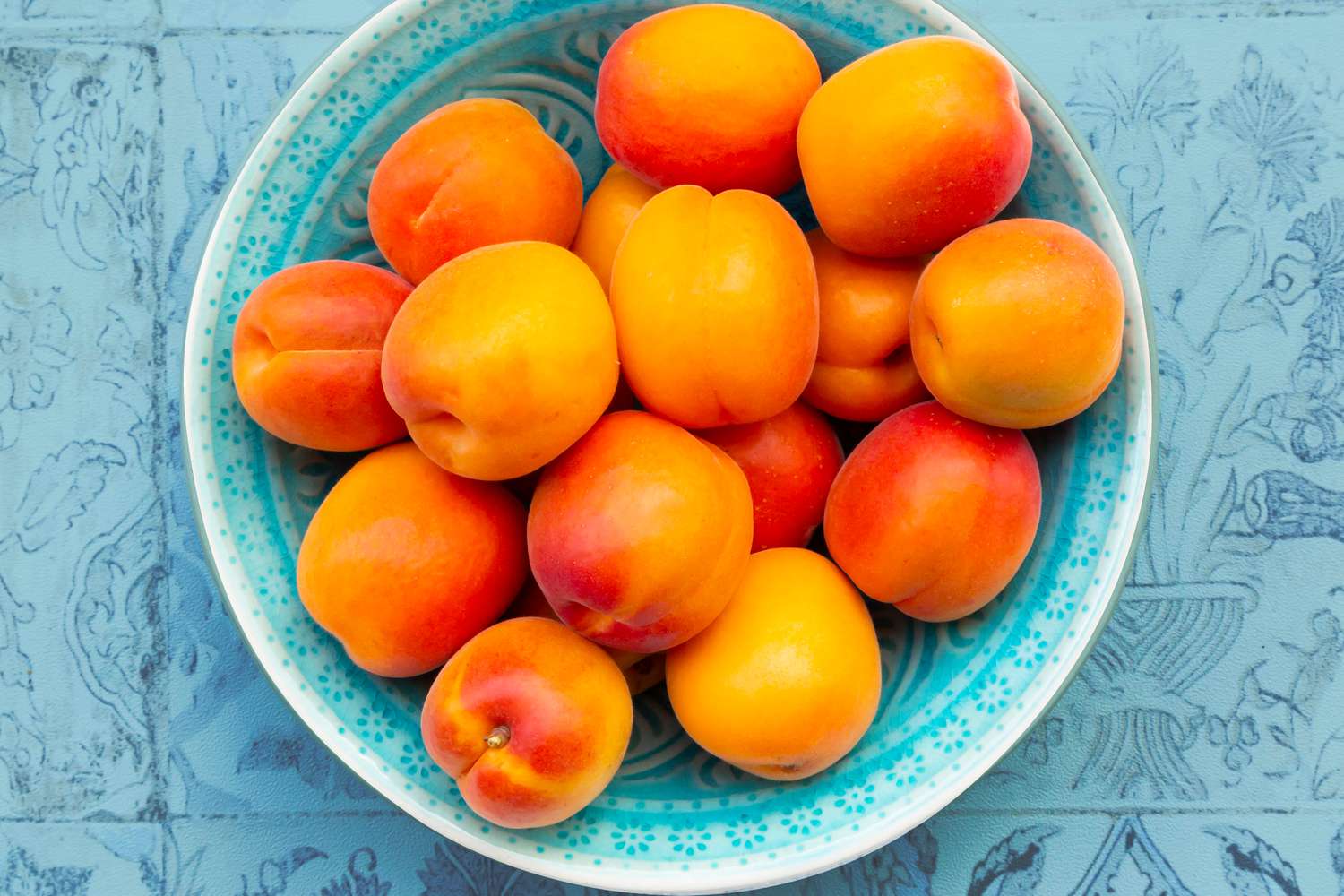

Articles
How To Store Fresh Apricots
Modified: December 7, 2023
Learn the best methods for storing fresh apricots to keep them juicy and flavorful for longer. Check out our informative articles on how to properly store apricots and extend their shelf life.
(Many of the links in this article redirect to a specific reviewed product. Your purchase of these products through affiliate links helps to generate commission for Storables.com, at no extra cost. Learn more)
Introduction
Welcome to the wonderful world of apricots! These delightful fruits are not only juicy and delicious, but they also offer a host of health benefits. Whether you enjoy them fresh, in a pie, or as dried snacks, it’s important to know how to store fresh apricots properly to ensure their optimal freshness and flavor.
Apricots are a versatile fruit that can be enjoyed all year round, but they have a relatively short shelf life compared to other fruits. Therefore, it’s essential to handle and store them correctly to prolong their freshness and prevent them from spoiling too quickly.
In this article, we will guide you through the different methods of storing fresh apricots, whether you prefer to keep them on the counter, in the refrigerator, freeze them, or even preserve them in jars. By following these guidelines, you’ll be able to enjoy the succulent taste of apricots even beyond their peak season.
So let’s dive in and discover the best ways to store those sweet and tangy apricots!
Key Takeaways:
- Enjoy apricots year-round by storing them on the counter, in the refrigerator, freezing, or canning. Follow these tips to savor their sweet and tangy flavor long after their peak season.
- Select ripe apricots with vibrant color, gentle firmness, and a sweet aroma. Handle them with care, separate ripe and unripe fruits, and choose the right containers for storage to maintain their freshness and flavor.
Read more: How To Store Apricots
Selecting Ripe Apricots
The key to storing fresh apricots starts with selecting ripe ones. When buying apricots, you want to choose fruits that are fully ripe but not overripe. Here are a few tips to help you select the perfect apricots:
- Color: Look for apricots that have a vibrant orange or golden color. Avoid fruits that are pale or have a greenish hue as this indicates they are not fully ripe.
- Firmness: Gently squeeze the apricots to feel for a slight give. Ripe apricots should be firm but still yield to gentle pressure.
- Aroma: Give the apricots a quick sniff. They should have a sweet and fragrant aroma, indicating that they are ripe and ready to be enjoyed.
- Size: The size of the apricot doesn’t necessarily determine its ripeness, so focus more on color, firmness, and aroma.
It’s worth mentioning that apricots continue to ripen after they are picked. So, if you can’t find fully ripe apricots at the store, you can select slightly underripe ones and let them ripen further at home.
Now that you know how to choose ripe apricots, it’s time to learn how to store them to maintain their freshness and flavor.
Storing Apricots on the Counter
If you plan to consume your apricots within a few days, storing them on the counter can be a convenient option. Here’s how to do it:
- Place the apricots in a single layer in a shallow bowl or on a plate.
- Make sure the apricots are not touching or overcrowded, as this can cause them to spoil faster.
- Keep the apricots at room temperature away from direct sunlight and heat sources.
- Check the apricots daily and remove any that show signs of ripeness or spoilage.
Remember that apricots will continue to ripen as they sit on the counter. So, if you notice that they are getting too ripe, it’s best to consume them or transfer them to the refrigerator to slow down the ripening process.
Storing apricots on the counter is a great option if you want to enjoy their juicy goodness in its natural state. However, bear in mind that they will only last a few days before they start to deteriorate. If you have a larger quantity of apricots or want to keep them fresh for a longer period, consider refrigerating or freezing them.
Storing Apricots in the Refrigerator
If you have a surplus of fresh apricots or want to extend their shelf life, storing them in the refrigerator is the way to go. Follow these steps to keep your apricots fresh for a longer period:
- Gently rinse the apricots under cool water to remove any dirt or debris. Pat them dry with a towel.
- Place the apricots in a plastic or paper bag that has some ventilation holes. Alternatively, you can use a perforated produce bag or wrap them in a slightly damp paper towel.
- Close the bag or wrap it tightly to retain moisture and prevent the apricots from drying out.
- Store the bag of apricots in the crisper drawer of your refrigerator, which provides the ideal temperature and humidity for preserving their freshness.
It’s important to note that ripe apricots can be stored in the refrigerator for up to a week, while slightly underripe ones can last for a couple of weeks. However, keep in mind that refrigeration can affect the texture of apricots, making them slightly softer.
When you want to enjoy your refrigerated apricots, take them out of the fridge and allow them to come to room temperature for optimal flavor. Cold apricots can be slightly less flavorful, so giving them some time to warm up will enhance their taste.
By storing apricots in the refrigerator, you can enjoy their juicy and refreshing goodness for an extended period, ensuring that none of these delicious fruits go to waste.
Freezing Apricots
If you have a surplus of fresh apricots or want to enjoy their deliciousness even after their peak season, freezing them is an excellent option. Freezing apricots not only preserves their flavor but also allows you to have them on hand for smoothies, jams, and other recipes. Here’s how to freeze apricots:
- Start by washing the apricots under cool water to remove any dirt or residue. Pat them dry with a towel.
- Next, cut the apricots in half and remove the pits. You can choose to leave the skin on or peel them, depending on your preference.
- For better preservation and to prevent browning, you can dip the apricot halves in lemon juice or ascorbic acid solution.
- Arrange the apricot halves on a baking sheet lined with parchment paper, making sure they are not touching each other.
- Place the baking sheet with the apricots in the freezer and let them freeze for about 2-4 hours or until they are firm.
- Once the apricots are frozen, transfer them to an airtight freezer bag or container. Label the container with the date to keep track of their freshness.
- Seal the bag or container tightly, removing as much air as possible to prevent freezer burn.
- Store the frozen apricots in the freezer for up to 12 months.
When you’re ready to use the frozen apricots, simply take out the desired amount and allow them to thaw in the refrigerator overnight or use them directly from the freezer in recipes that require cooking or blending.
By freezing apricots, you can enjoy the taste of summer all year round and never worry about the abundance of apricots going to waste.
Store fresh apricots in the refrigerator in a single layer to prevent them from getting bruised. Keep them unwashed and consume within a few days for the best flavor and texture.
Read more: How To Store Dried Apricots
Storing Apricots in Jars or Canning
If you enjoy preserving fruits and want to savor the deliciousness of apricots throughout the year, storing them in jars or canning is an excellent option. This method allows you to enjoy the natural sweetness of apricots in various forms, such as jams, preserves, or even canned apricots. Here’s a step-by-step guide to storing apricots in jars:
- Start by washing the apricots under cool water. Pat them dry and remove any blemishes or bruises.
- Peel the apricots if desired or leave the skin on for added texture.
- Cut the apricots in halves or quarters, removing the pits.
- Prepare a syrup by combining sugar and water in a pot. The ratio of sugar to water depends on your desired sweetness, but a common ratio is 2 cups of sugar to 4 cups of water.
- Bring the syrup to a boil and let it simmer for a few minutes until the sugar is fully dissolved.
- Place the apricot pieces into sterilized jars, leaving about 1/2 inch of headspace at the top.
- Pour the hot syrup over the apricots, covering them completely.
- Remove any air bubbles by gently tapping the jars or running a sterilized knife along the inside of the jar.
- Wipe the rim of the jar with a clean cloth or paper towel to ensure a proper seal.
- Place the sterilized lids on the jars and tighten the rings until they are snug but not overly tight.
- Process the jars in a water bath canner according to the appropriate processing time for your altitude and jar size. This will ensure proper sealing and preservation.
- After the processing time is complete, carefully remove the jars from the canner and let them cool on a towel-lined countertop.
- Check the jars for proper sealing by pressing on the center of the lid. If it is firm and does not spring back, the jar is sealed.
- Store the sealed jars in a cool, dark place for up to a year.
When you’re ready to enjoy the flavors of your homemade apricot preserves or canned apricots, simply open a jar and indulge in the sweet taste of summertime whenever you desire!
Storing apricots in jars or canning is not only a practical way to preserve their freshness but also allows you to create delightful treats that can be enjoyed throughout the year.
Using Proper Containers for Apricot Storage
Choosing the right containers for storing fresh apricots is crucial to maintain their freshness and prevent spoilage. Here are some tips on selecting the proper containers for apricot storage:
- Plastic Bags: Plastic bags with some ventilation holes are suitable for storing apricots on the counter or in the refrigerator. These bags help retain moisture while allowing for some air circulation.
- Produce Bags: Perforated produce bags are an excellent option for storing apricots in the refrigerator. These bags are designed to maintain optimal humidity levels and prevent the fruits from drying out.
- Plastic Containers: Choose airtight plastic containers with a clean and odor-free seal for storing sliced or chopped apricots in the refrigerator or freezer. These containers help prevent freezer burn and maintain the fruit’s quality.
- Glass Jars: Glass jars are ideal for canning apricots or making preserves. Opt for jars specifically designed for canning, ensuring they have proper sealing lids and are sterilized before use.
- Freezer Bags: Heavy-duty freezer bags are suitable for storing whole or sliced apricots in the freezer. Make sure to remove as much air as possible before sealing to prevent freezer burn.
It’s important to note that regardless of the container you choose, always make sure it is clean and free from any residual odors that can transfer to the apricots. Properly sealing the containers is essential to maintain the quality and freshness of the fruit.
Remember to label the containers with the date to keep track of the apricot’s storage time and use them in a first-in, first-out manner to ensure you consume the oldest apricots first.
By using the appropriate containers for apricot storage, you can prolong the shelf life of these delectable fruits and ensure they remain fresh and ready to use whenever you crave their luscious flavor.
Tips for Prolonging Apricot Freshness
To ensure your apricots stay fresh and delicious for as long as possible, here are some helpful tips to prolong their freshness:
- Handle with Care: Apricots are delicate fruits, so handle them gently to avoid bruising or damaging the skin, which can lead to faster spoilage.
- Don’t Wash Before Storage: Unless your apricots are dirty, it’s best to avoid washing them before storing. Moisture can promote the growth of mold and cause the fruit to spoil more quickly.
- Separate Ripe and Unripe Apricots: If you have a mix of ripe and unripe apricots, separate them during storage. Ripe fruit releases ethylene gas, which speeds up the ripening process of other fruits.
- Store Away from Ethylene-Producing Fruits: Keep apricots away from ethylene-producing fruits like bananas, apples, or tomatoes, as they can accelerate ripening and cause the apricots to spoil faster.
- Store in a Cool Place: Apricots are sensitive to heat, so store them in a cool place away from direct sunlight or sources of heat. A cool pantry, cellar, or the refrigerator can be suitable options.
- Check Regularly: Examine your apricots regularly and remove any that show signs of spoilage or overripeness. This helps prevent the spread of mold or rotting to other apricots.
- Store Properly Cut Apricots: If you’ve cut or sliced apricots, store them in an airtight container and refrigerate them to maintain their freshness and prevent browning.
- Consider Freezing: If you have a surplus of apricots or want to extend their storage time, freezing them is an excellent option. Follow proper freezing methods to preserve their flavor and texture.
- Rotate Stock: If you regularly buy apricots, consume the older ones first by practicing a first-in, first-out approach. This ensures that you use the apricots before they spoil.
By following these tips, you can prolong the freshness and quality of your apricots, allowing you to enjoy their delicious flavor for an extended period.
Conclusion
Storing fresh apricots properly is crucial to maintain their flavor, texture, and nutritional value. Whether you choose to keep them on the counter, in the refrigerator, freeze them, or even preserve them in jars, following the right storage methods ensures that you can enjoy the sweet and tangy taste of apricots long after their peak season.
When selecting ripe apricots, look for vibrant colors, slight firmness, and a sweet aroma. Handle them with care to avoid bruising, and separate ripe and unripe fruits to prevent accelerated ripening.
If you plan to consume apricots within a few days, storing them on the counter is a convenient option. However, be mindful of their shorter shelf life and monitor their ripeness daily.
For longer storage, the refrigerator is an excellent choice. Properly washing, bagging, and storing apricots in the crisper drawer can extend their freshness for up to a week or more.
Freezing apricots allows you to enjoy their succulent taste throughout the year. By blanching, freezing, and storing them in airtight containers, you can preserve their flavor and use them in various culinary creations.
For those who enjoy preserving fruits, storing apricots in jars or canning is a fantastic option. The process of peeling, cutting, preparing a syrup, and safely sealing the jars ensures that you have delicious homemade apricot preserves or canned apricots to enjoy whenever you desire.
Remember to select the right containers for your apricot storage, such as plastic bags, produce bags, plastic containers, glass jars, or freezer bags, depending on your chosen method. Cleanliness and proper sealing are essential to maintaining the freshness and quality of the fruit.
Finally, follow additional tips like handling apricots gently, storing them in cool places, checking them regularly for spoilage, and considering a first-in, first-out approach to rotating your stock.
With these guidelines, you can savor the delightful taste of apricots at their best, prolonging their freshness and enjoying their nutritional benefits. So, go ahead and store your fresh apricots correctly to experience the joy of these luscious fruits all year round!
Frequently Asked Questions about How To Store Fresh Apricots
Was this page helpful?
At Storables.com, we guarantee accurate and reliable information. Our content, validated by Expert Board Contributors, is crafted following stringent Editorial Policies. We're committed to providing you with well-researched, expert-backed insights for all your informational needs.
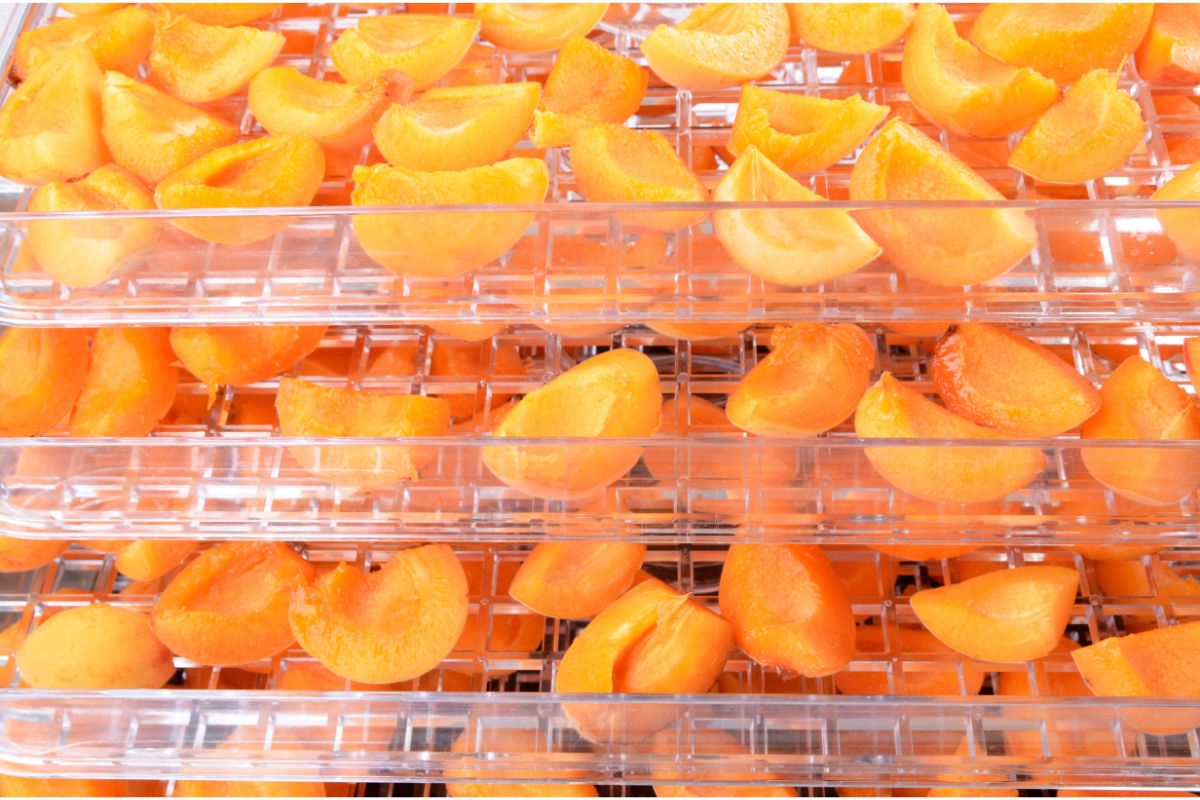
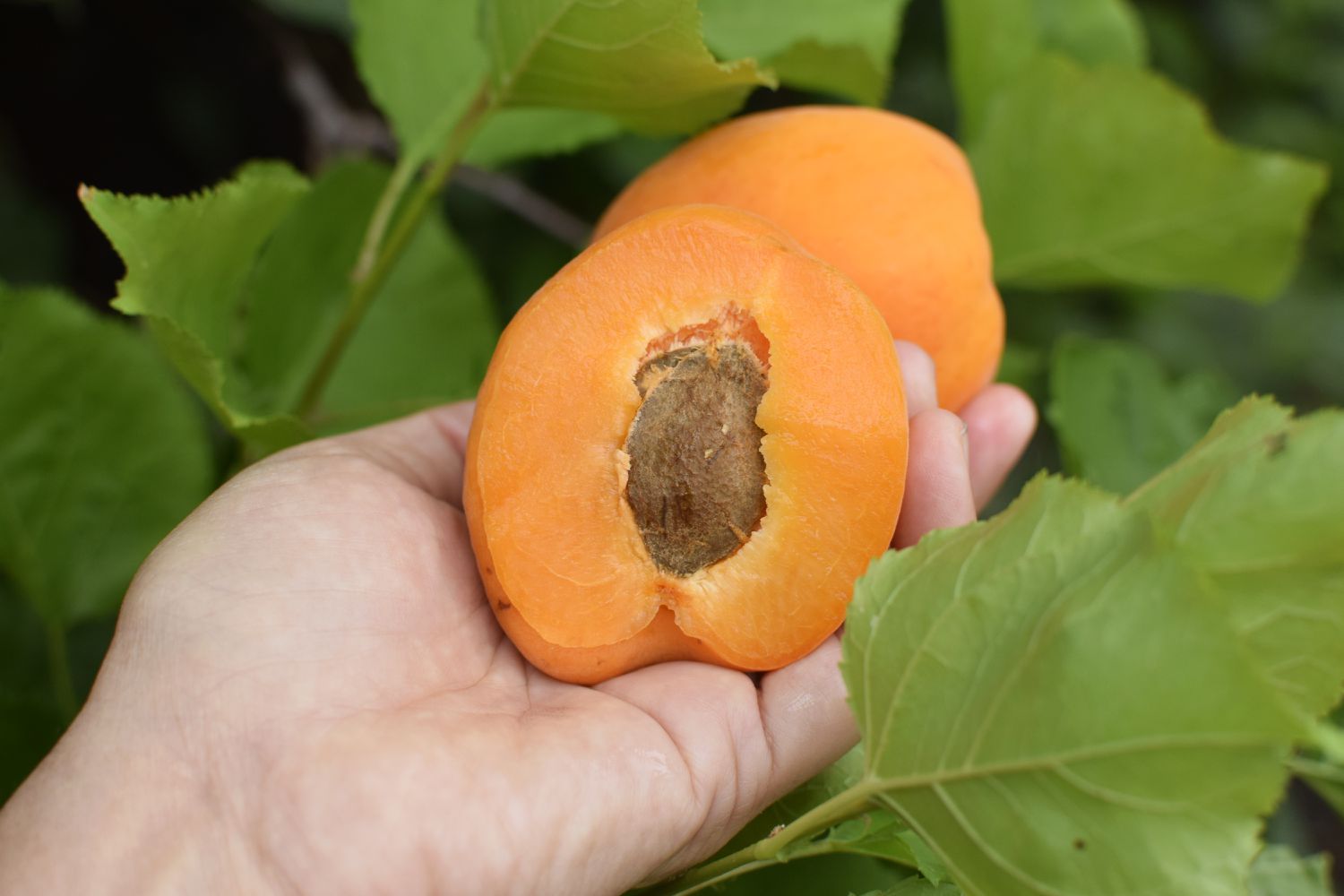
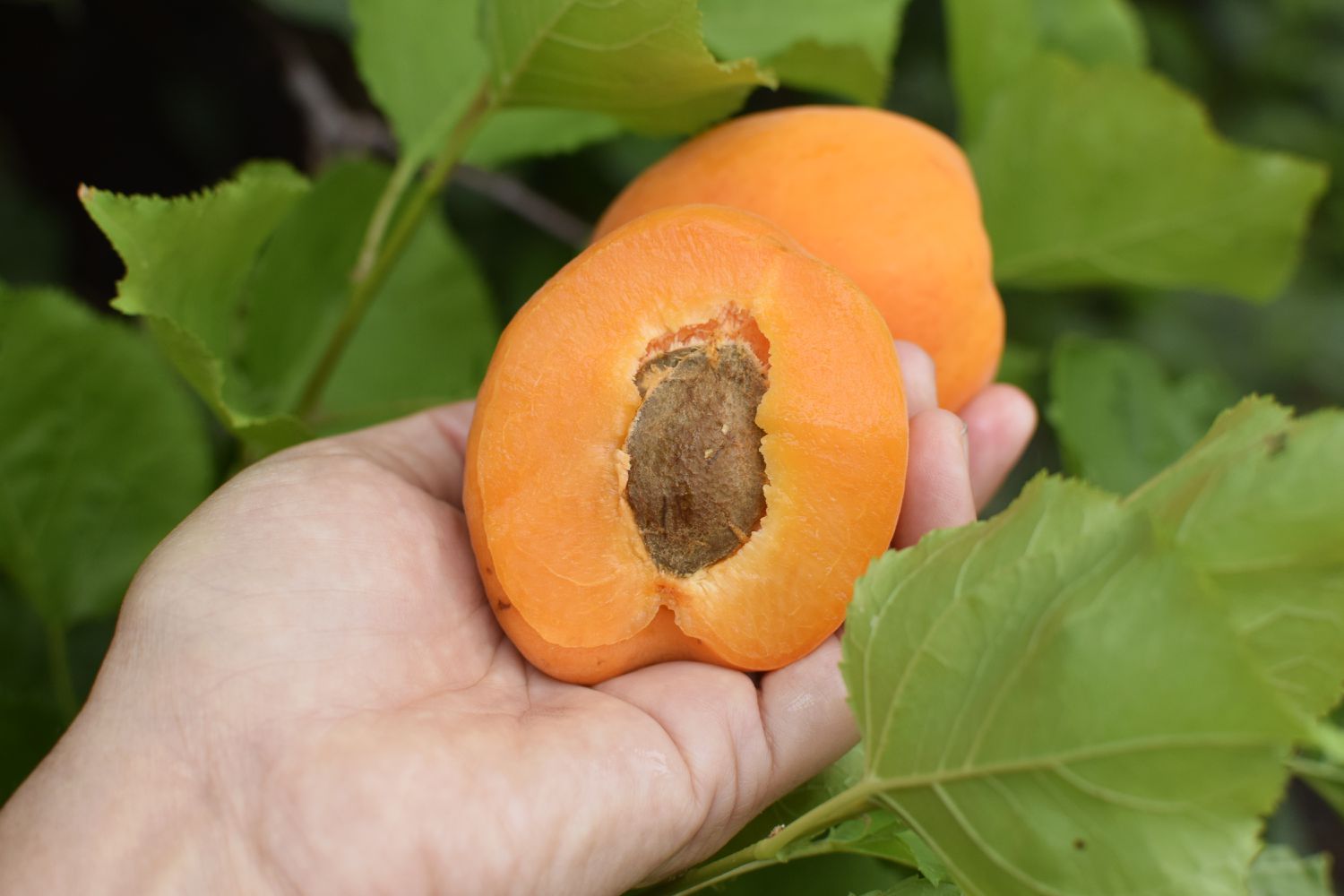
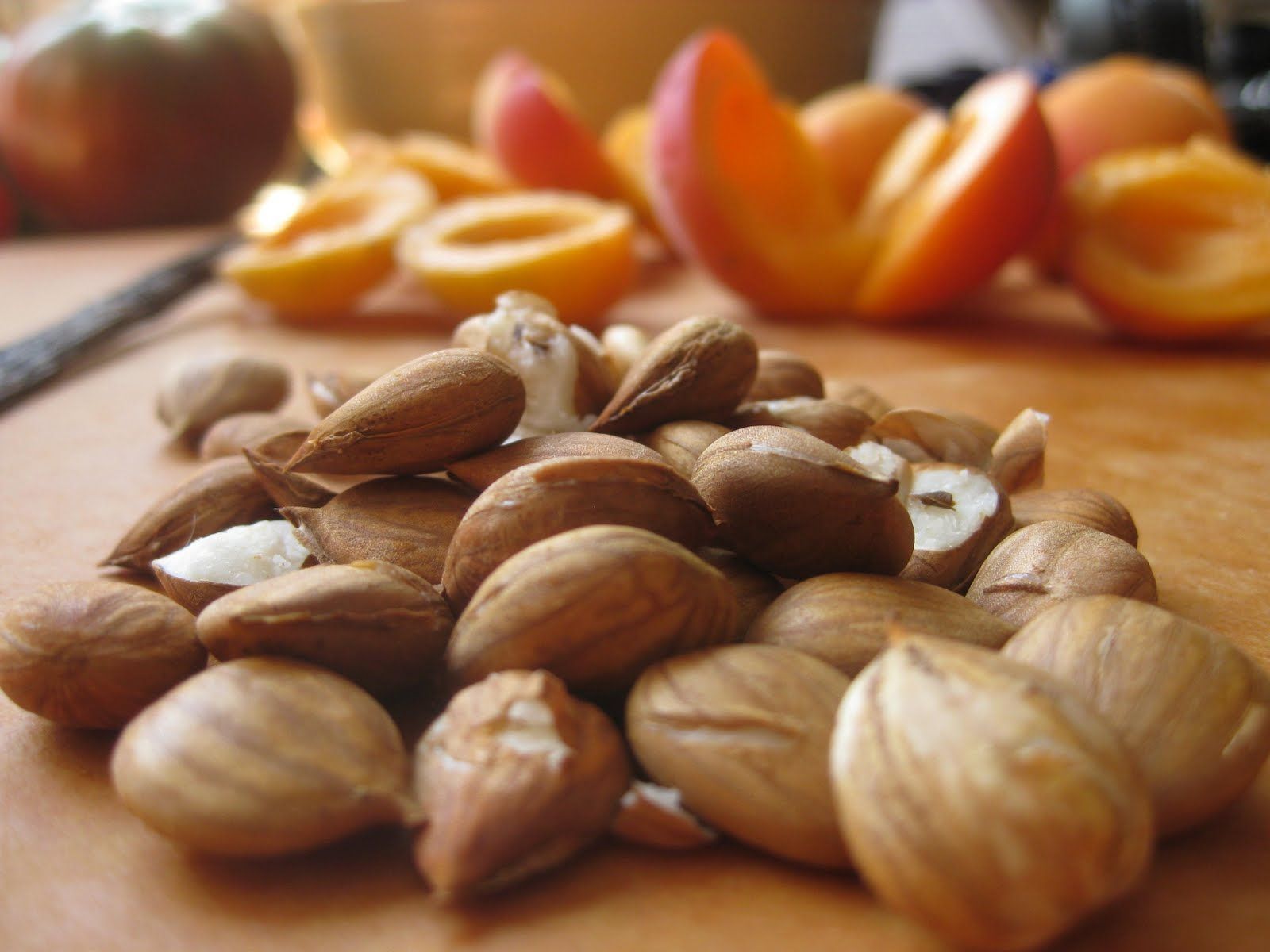

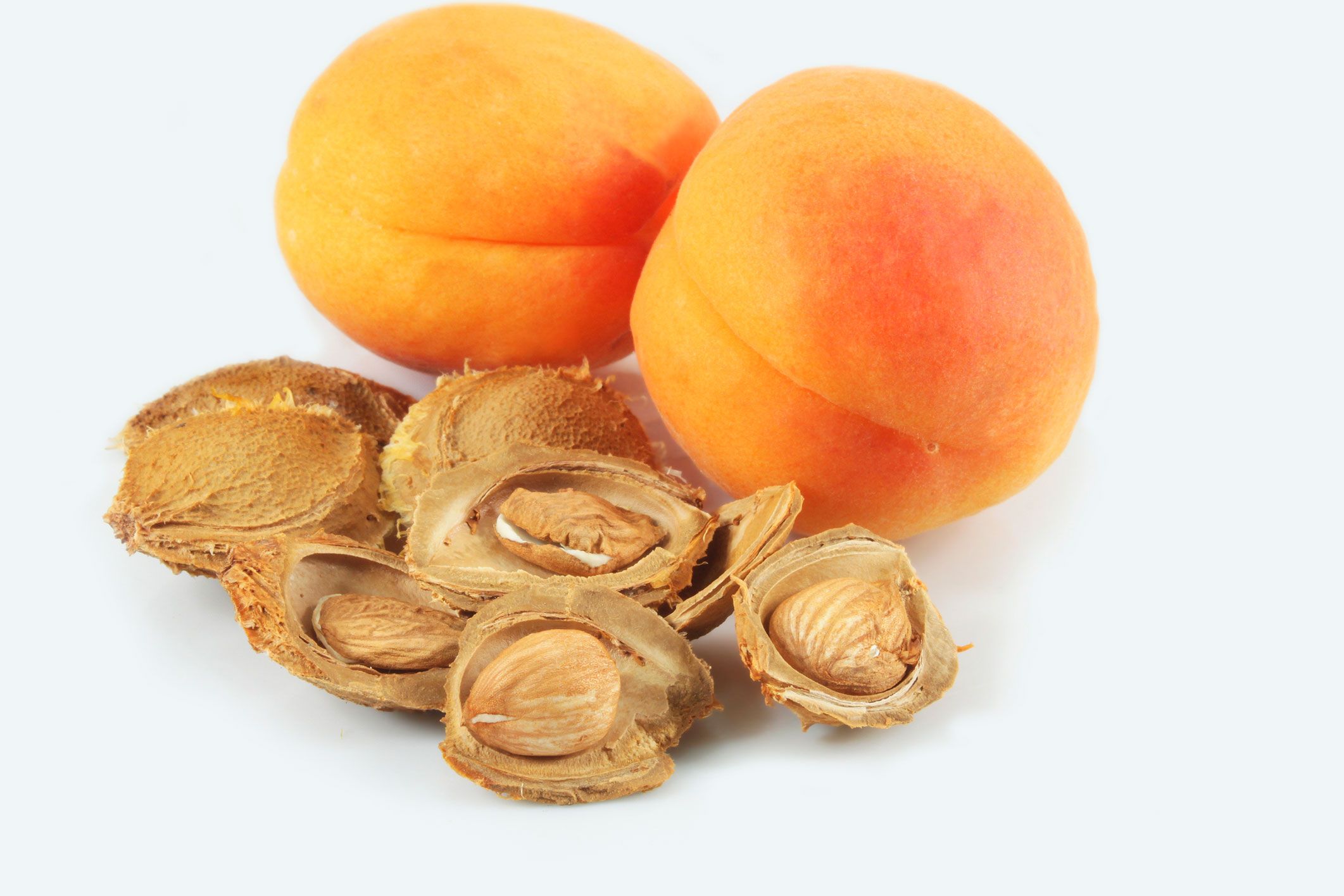
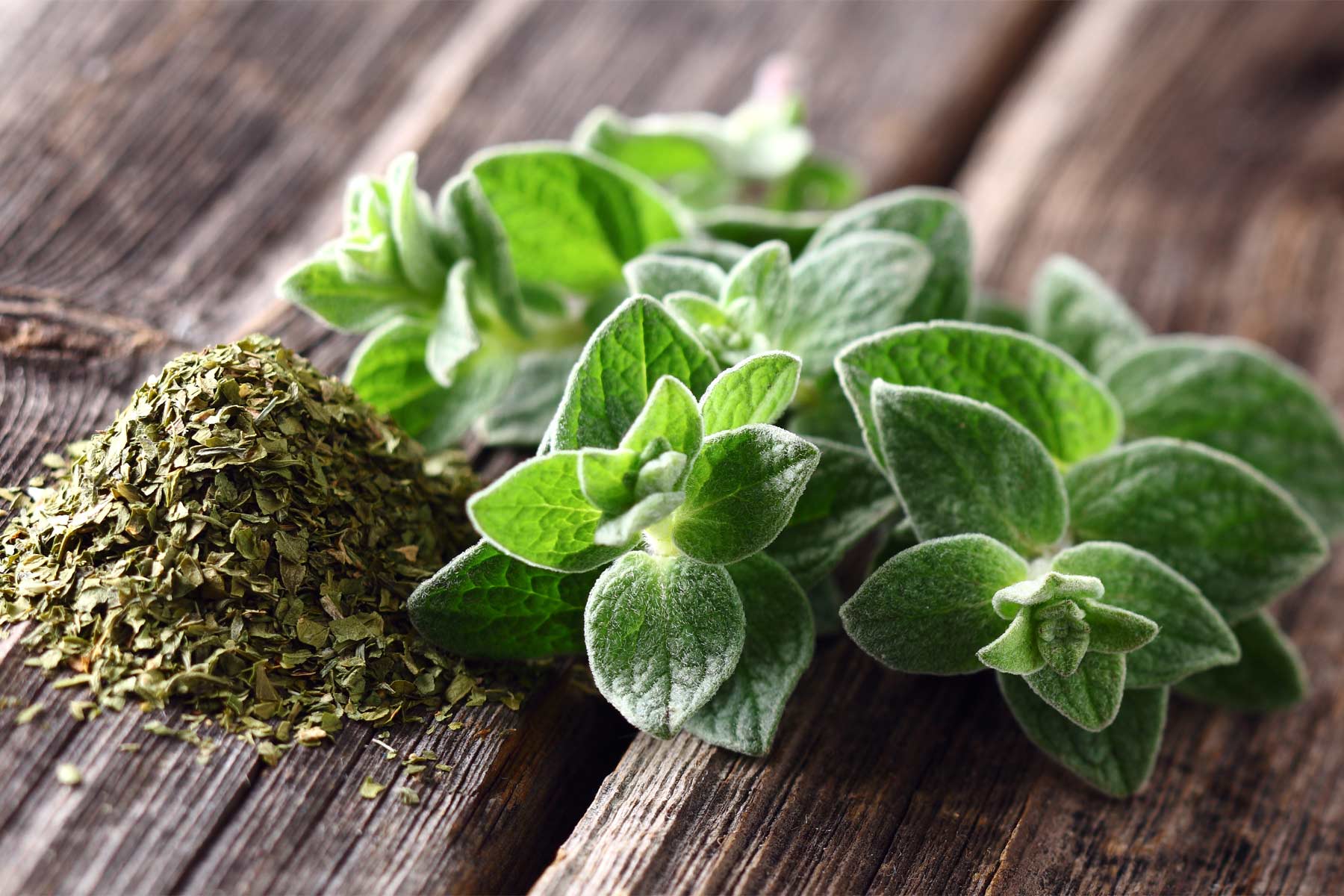
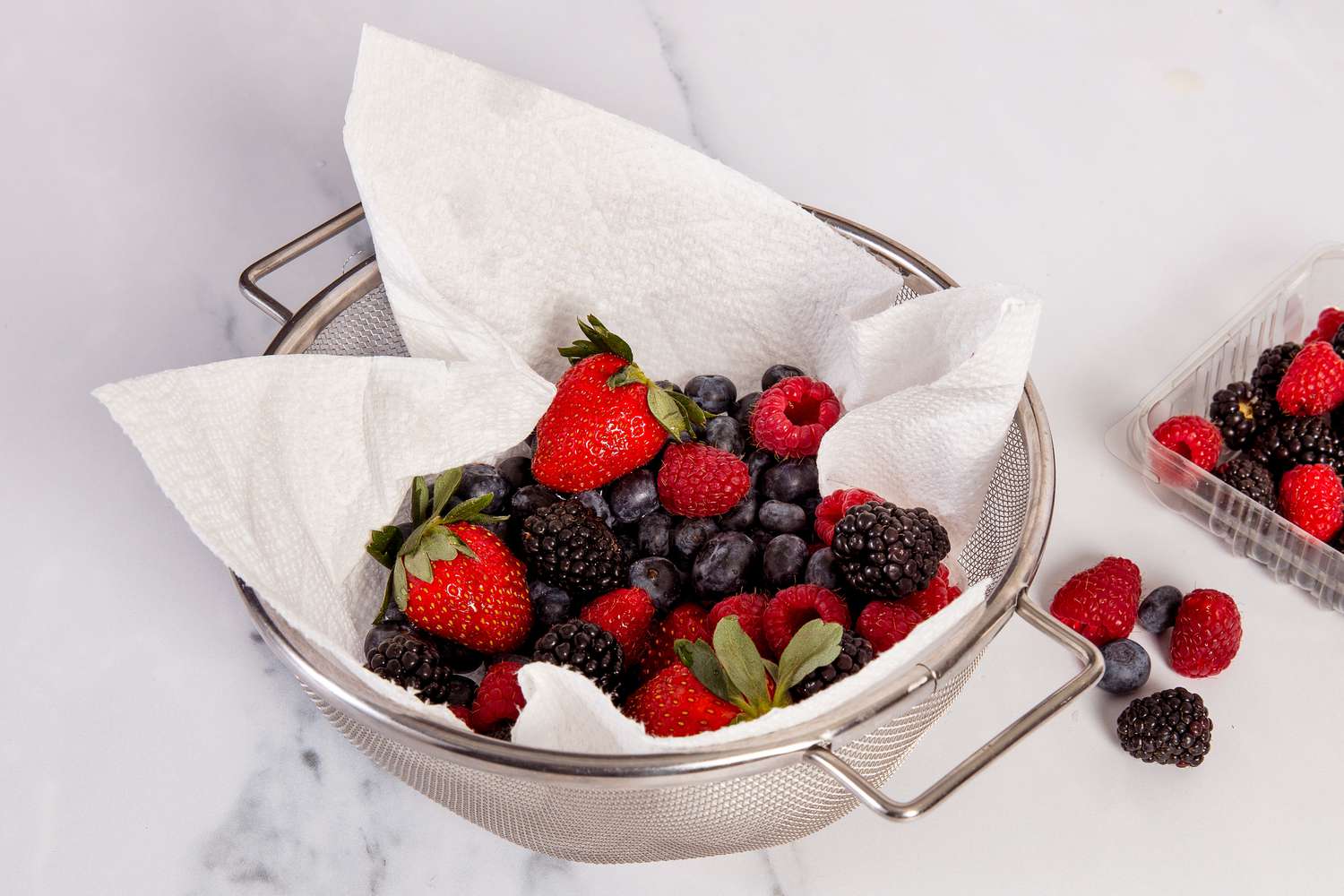
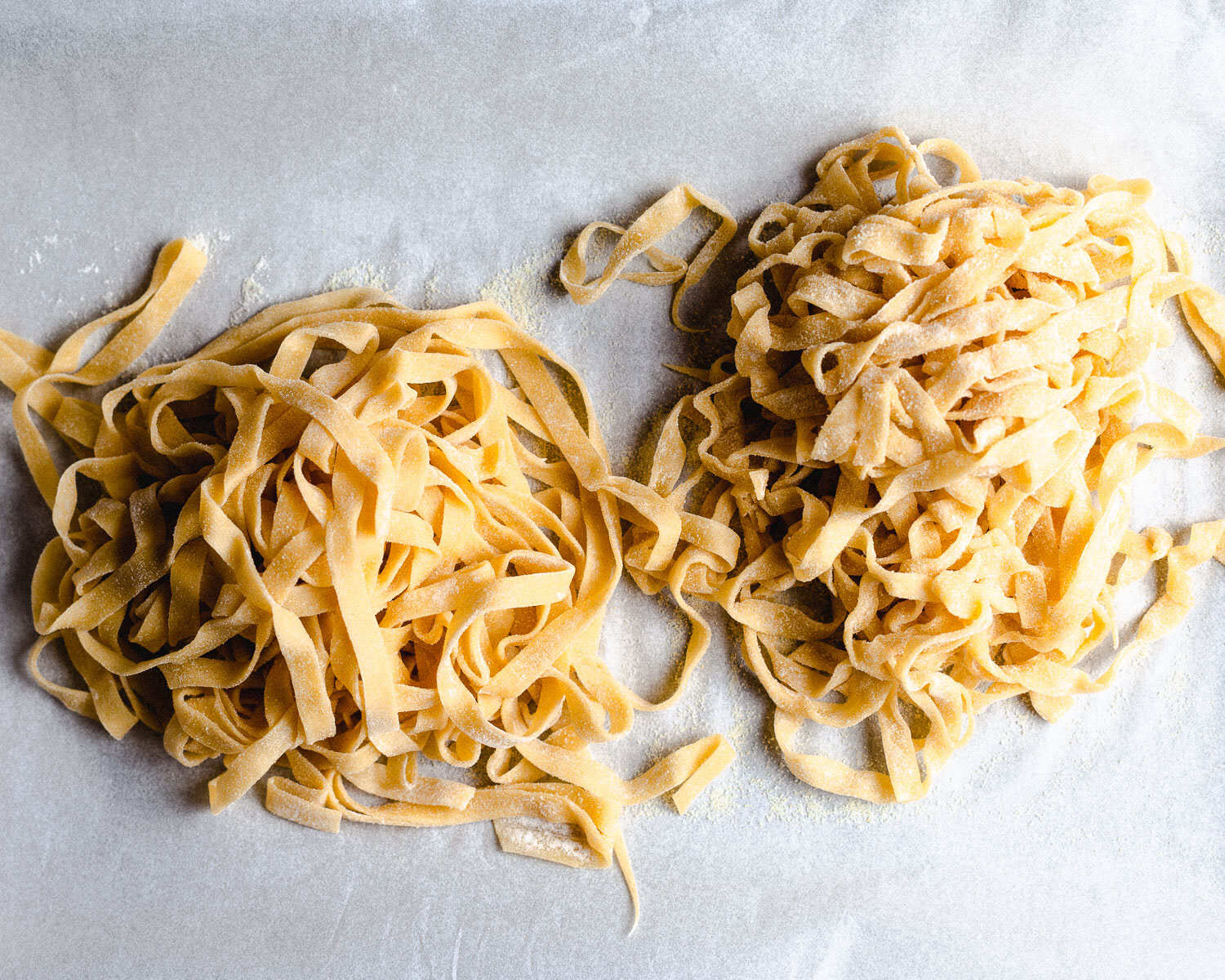
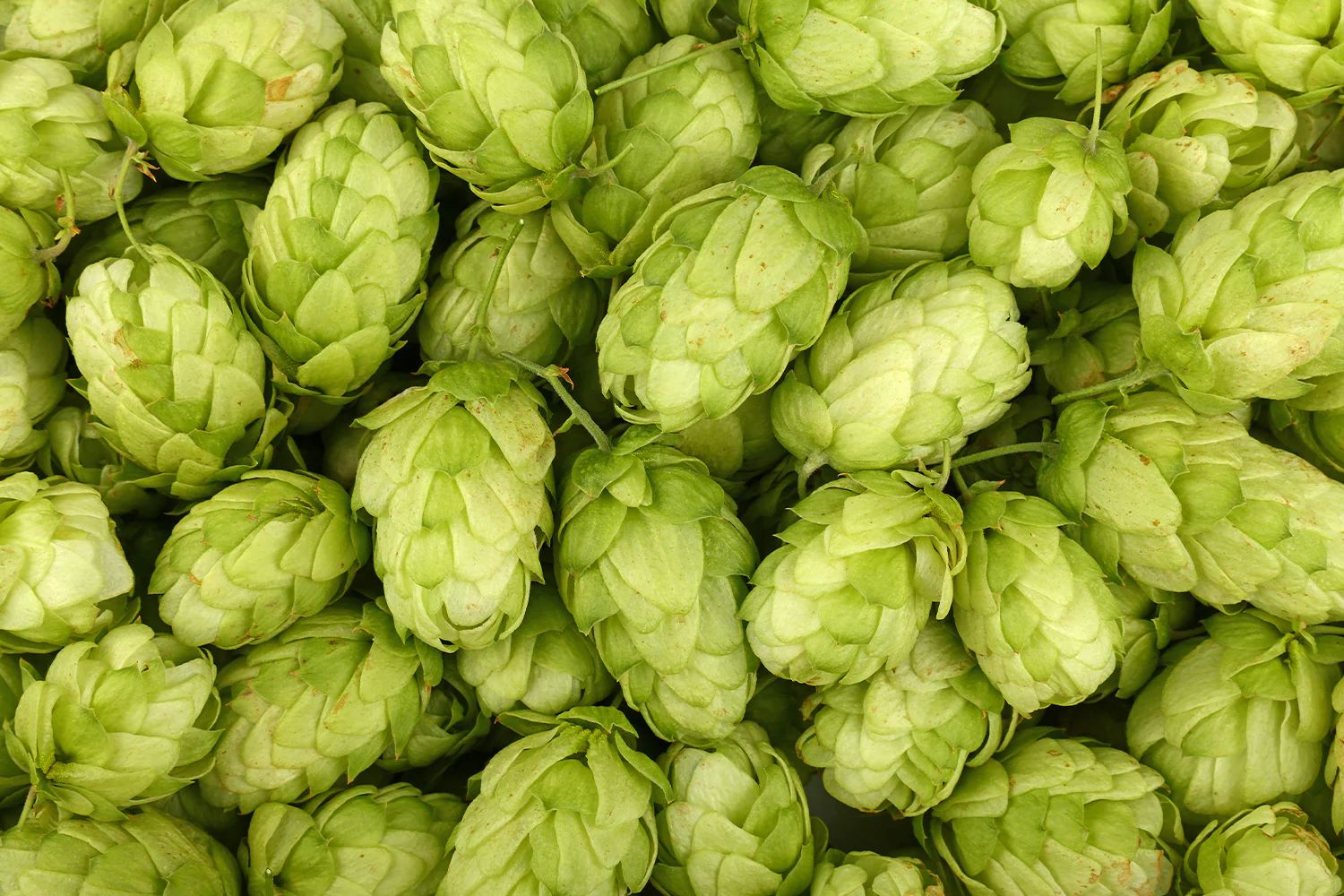
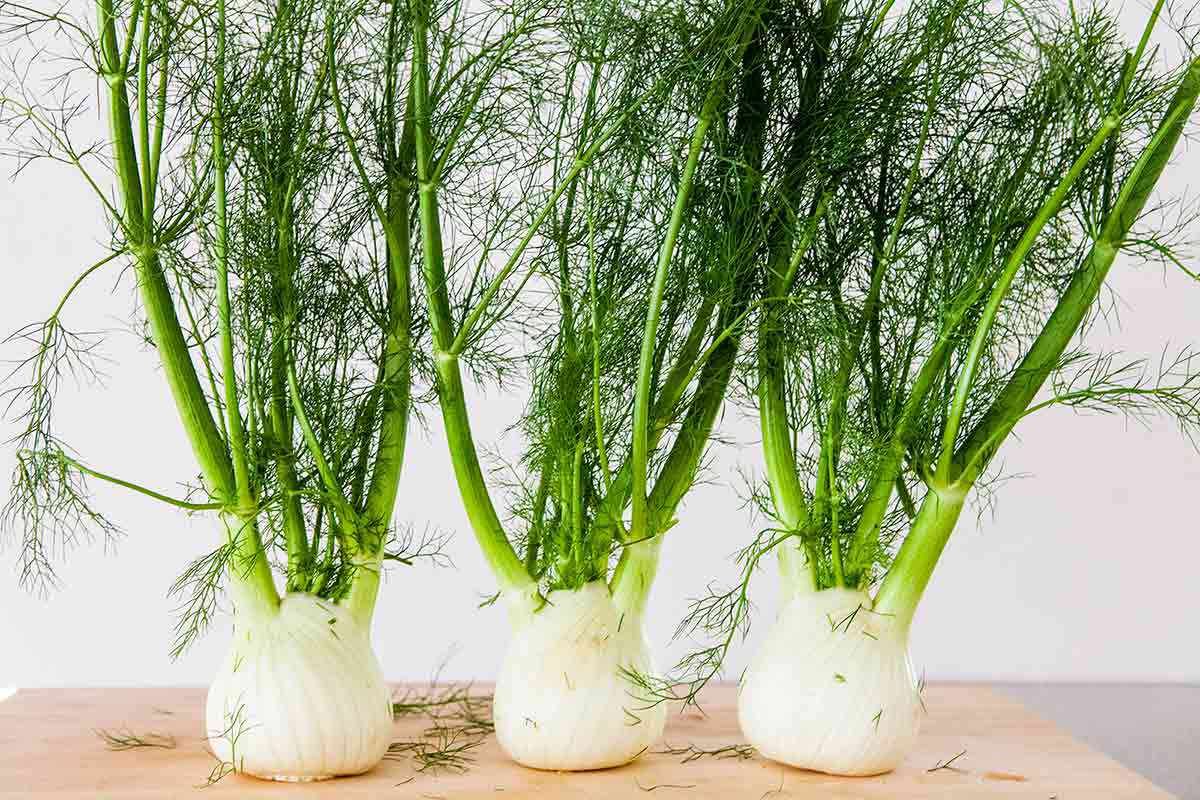


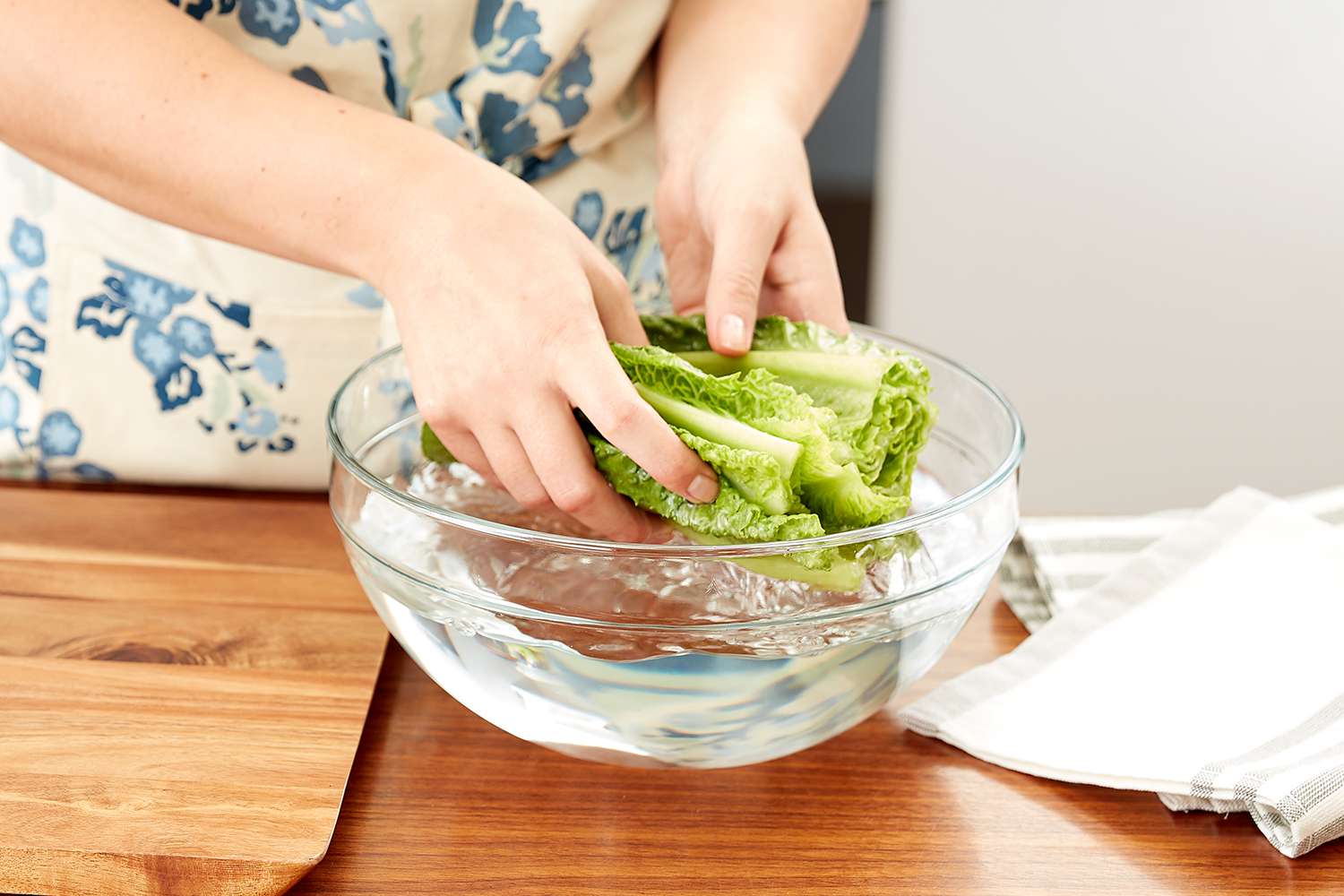

0 thoughts on “How To Store Fresh Apricots”